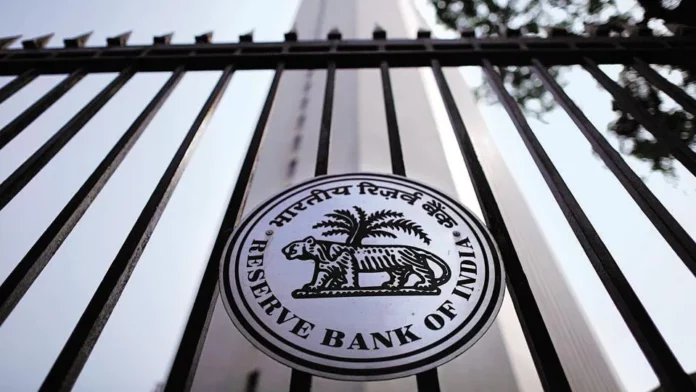In a speech in September last year, deputy governor T Rabi Sankar stated that while dealing with major financial market infrastructure organisations or bigtech, systemic risks, operational risks, and competitive concerns are of paramount importance.
The Reserve Bank of India (RBI) is concerned about the systemic risks posed by large technology companies’ involvement in the financial sector, and is considering developing a policy framework for digital banking, fintechs, and other BigTechs this fiscal year. The Reserve Bank of India (RBI) said on Friday that it is worried that huge technology companies’ involvement in the financial sector poses systemic risks, and that it is considering a policy framework for digital banking, fintechs, and other BigTechs in FY23.
While fostering innovation, the central bank is also taking into account the rising hazards in the fintech sector, according to the bank. The RBI said in its annual report for 2021-22 released on Friday that “greater usage of technology amplifies problems connected to cyber security.”
All of these risks, according to the RBI, have consequences for financial stability, thus it is working to limit them through careful selection of technologies and frameworks. All while giving the fintech sector a boost in a variety of valuable applications in the financial services business. “To address the aforementioned concerns, the Reserve Bank’s strategy will have to strike a balance between innovation and regulation, without jeopardising any of the risk management principles,” it stated.
To be clear, this isn’t the RBI’s first warning about the dangers of huge technology companies joining the fintech market. When dealing with significant financial market infrastructure organisations or bigtech, Deputy Governor T Rabi Sankar remarked in a speech last September that systemic risks, operational risks, and competition concerns are of paramount importance.
The regulator stated on Friday that because fintechs are having a rising impact on both macro and micro aspects of financial stability and cyber security, as well as consumer protection and financial inclusion, it is important to support innovation while also bringing regulatory order. In order to deal with the sector’s particular dynamics, the RBI stated it had taken deliberate steps to reimagine its primary position as an innovation enabler.
“Through initiatives such as the regulatory sandbox, the Reserve Bank Innovation Hub, and hackathons, among others, the Reserve Bank has adopted a non-conventional central banking role,” it stated. In January, the RBI also established a fintech department. The traditional financial environment has undergone a significant transformation in terms of structure and operation, owing mostly to the growing adoption of technology over the last decade, according to the report.
Follow and connect with us on Facebook, LinkedIn & Twitter

